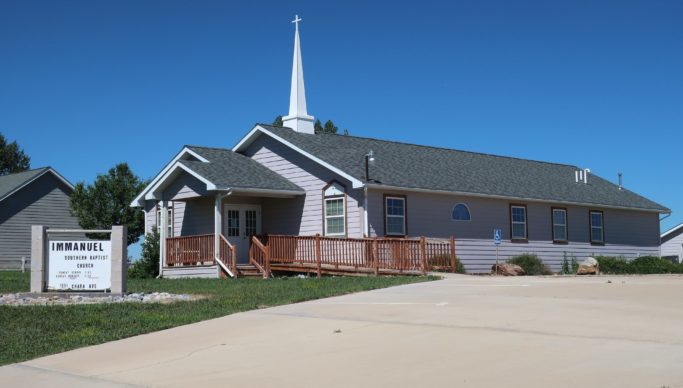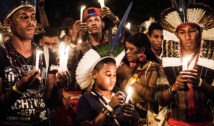
America’s Religious Landscape in the midst of a Continuing Exodus, Devotion of True Believers Remains High
- By Deirdre Pelphrey --
- 11 Jul 2023 --
If you live in America, the chances are that not only is religion not the most important thing in your life—84% of you—but additionally, nearly 30% of you feel it’s not important at all, or up 10% from a decade ago.
A new survey by the Public Religion Research Institute (PRRI) contains both warning and comfort for the nation’s faithful. On the one hand, religion is plummeting fast on the priority lists of most Americans, but on the other, most of those remaining in the Christian church, 59%, have attended their houses of worship for more than 10 years. And of those regular church attendees 82% say they are optimistic about the future of their congregation, and 89% say they are proud to be associated with their church.
The contrary figures piqued PRRI CEO Melissa Deckman’s interest. “What struck me about the findings is the paradox. We see continued declines in the role of religion. But for those who attend regularly they seem pretty happy and satisfied, even proud of their congregations.”
A dramatic microcosm of the nation’s trends is the Southern Baptist Convention (SBC), America’s largest Protestant denomination which, while losing more than 3 million members since 2006 and nearly half million in the past year alone—the largest aggregate loss in the SBC in more than a century—church attendance is rebounding since the pandemic disruptions. Along with attendance, up by 5%, baptisms are up in the past year by 16%, and donations maintain a steady pace, up by 2% from the previous year.
While factors besides the pandemic—such as intra-denominational conflicts over race and leadership, and a major sex abuse scandal—shaped the SBC’s decline in numbers, the larger picture affecting religion in general remains.
The survey also revealed an uptick in those who change their religions—roughly 25%, with the Catholic Church taking the biggest hit at 37%.
Most people who have left their former religion, 56%, said they departed because they stopped believing its teachings, 30% of switchers said their faith’s attitudes toward LGBTQ people led them to leave, and 27% cited “scandals involving leaders.”
While the survey shows ebbing numbers, religious fervor in a large swath of believers has not faded. And according to scholar Robert William Fogel we are, in fact, in the midst of the fourth Great Awakening—periods of religious revival dating back to colonial times, each going through its own generational phases in response to political, social and technological events of the era.
Great Awakenings are characterized by a pushback against forces perceived as a threat to the spiritual life of a populace or a section of it. Though we’ve certainly seen signs of that in recent years—the emphasis, for example, on “family values”—seen by some as a dog whistle for a universal ban on abortion, a curb on minority rights, and the conversion of America politically, culturally and theologically into a white Christian nation—whether the fervor of the faithful can keep pace with the emptying pews is something we can only watch, wait and see.



















